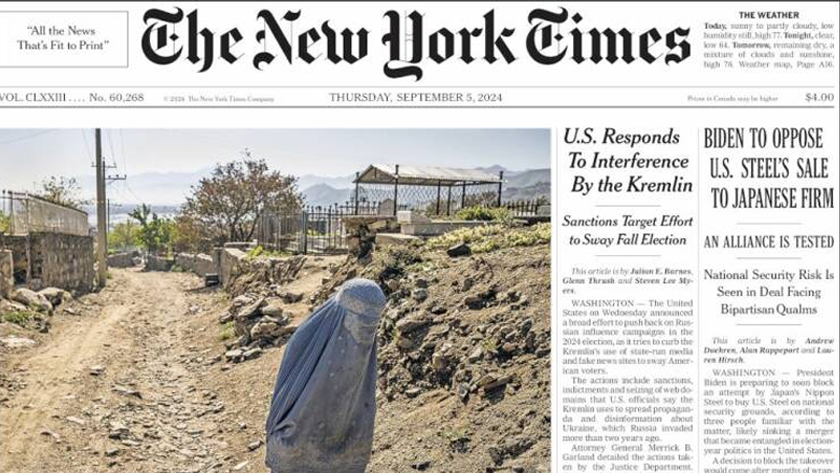Biden Set to Block Nippon Steel’s Acquisition of U.S. Steel on National Security Grounds
In a significant development likely to impact international business relations and election-year politics in the United States, President Joe Biden is poised to block an attempt by Japan’s Nippon Steel to acquire U.S. Steel. Sources familiar with the matter suggested that national security concerns are at the forefront of this decision, underscoring the complexities at the intersection of global commerce and American politics.
The anticipated move comes at a critical juncture, where the Biden administration has been navigating a landscape increasingly influenced by concerns over the strategic implications of foreign investments in key American industries. Steel production is one such industry, given its essential role in national infrastructure and defense.
Background and Context
U.S. Steel, an iconic American company founded in 1901, has been a pillar of the nation’s industrial landscape for over a century. It played a crucial role in the development of the American economy, especially during the World Wars when the demand for steel soared. In recent years, however, the company has faced numerous challenges, including competition from international companies and fluctuating market demands.
Enter Nippon Steel, Japan’s largest steel manufacturer, which has been keen on expanding its global footprint. The acquisition of U.S. Steel would have marked a significant milestone for the Japanese giant, reinforcing its presence in one of the world’s largest markets. However, such a merger has come under scrutiny, particularly from those concerned about the transfer of critical industrial capabilities to a foreign entity.
National Security Concerns
The rationale behind the likely blockage of the merger lies in national security considerations. Steel is not just a commercial commodity; it is a strategic resource integral to the nation’s infrastructure, defense, and technological advancement. The U.S. government has historically kept a watchful eye on foreign investments in industries deemed vital to national security, and the steel industry is no exception.
With the upcoming 2024 presidential election, the decision also carries political weight. The Biden administration’s stance can be seen as an effort to demonstrate a commitment to protecting American industries and jobs, a message likely to resonate with voters in key industrial states.
Political Implications
Election-year politics adds another layer of complexity to the situation. By blocking the merger, President Biden can appeal to a base of voters concerned about the offshoring of American jobs and the erosion of the nation’s industrial base. This move could be framed as prioritizing American interests, a narrative that has gained traction in recent years amidst growing concerns over globalization and its impacts on domestic employment.
Furthermore, the decision highlights a broader trend of increased scrutiny on foreign investments in the United States. This aligns with a series of recent measures aimed at tightening regulations around foreign acquisitions and enhancing the review process for transactions that may pose risks to national security.
Conclusion
As the details unfold, the impending decision to block Nippon Steel’s acquisition of U.S. Steel will undoubtedly reverberate through both the business and political spheres. It serves as a potent reminder of the intricate balance between fostering international business relationships and safeguarding national security interests. The outcome of this move will not only affect the companies involved but also set a precedent for future foreign investments in strategic American industries.
For more information about U.S. Steel, please visit their official website.
